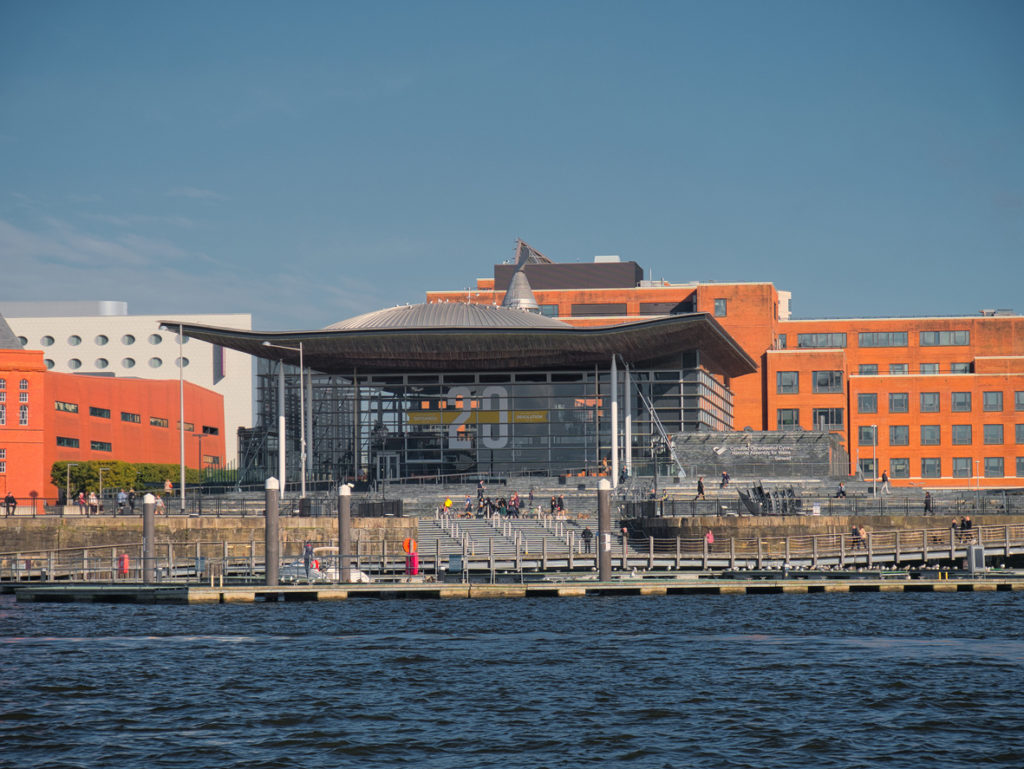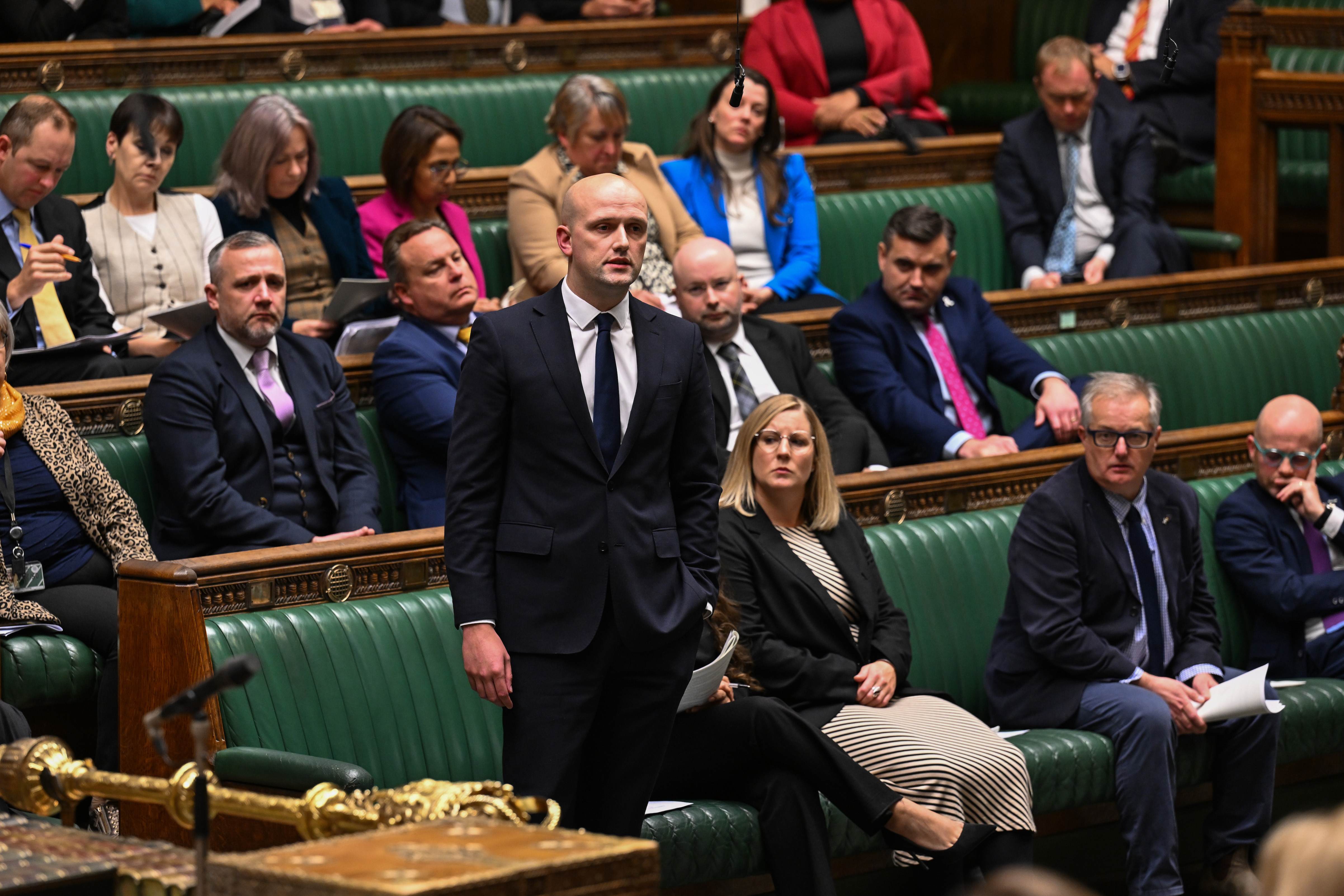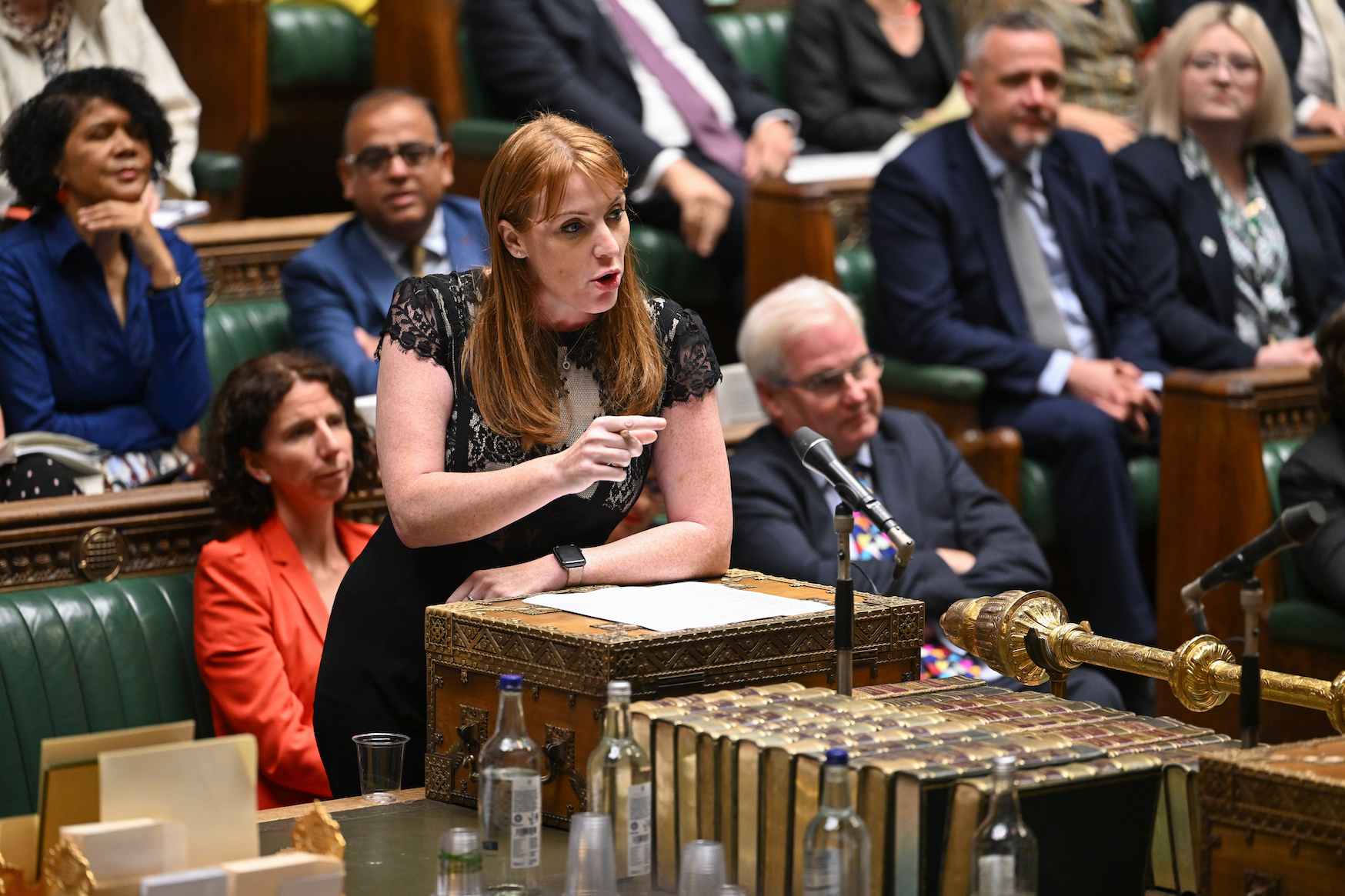Overview
Senedd Cymru is the name given to the Welsh Parliament. Formerly known as the National Assembly of Wales, the body changed its name to Senedd Cymru in 2020.
Senedd Cymru is based in Cardiff, and located in the Cardiff Bay area of the City.

The Senedd is found on the waterfront in Cardiff Bay.
Membership
There are currently 60 Members of Senedd Cymru. After the 2021 Senedd elections, the composition of the Senedd is broken down as follows:
Labour – 30 Members
Plaid Cymru – 13 Members
Conservative – 16 Members
Liberal Democrats – 1 Member
History
Senedd Cymru (formerly the National Assembly for Wales) was first created under the Government of Wales Act in 1998.
Prior to the establishment of the Welsh Assembly, Wales had been governed as part of England, and under the law of England, since its conquest by Edward I in 1282 – a position formalised by Henry VIII’s 1536 Act of Union.
Wales had remained an administrative adjunct to England until the establishment of the Welsh Office in 1965.
In 1979, a referendum was held on Welsh devolution. Proposals for a Welsh Assembly were at this point rejected decisively by the Welsh people, with 79.7% voting against, on a turnout of 58.8%.
Twenty years later, the British Labour Party made a commitment in its 1997 manifesto to hold a second referendum on Welsh devolution and then to legislate for devolution should the Welsh people support it.
This second referendum on Welsh devolution was held in September 1997. The result was extremely close: 50.3% voted for and 49.7% voted against (a difference of just under 7,000 votes) on a turnout of 50.1% of the electorate.
Following that vote, the government in London legislated for a Welsh Assembly.
Royal Assent was granted to the Government of Wales Act on 31 July 1998, and work began on the establishment of the Welsh Assembly. The transfer of powers from London to Cardiff took place on 1 July 1999 when the order giving the Assembly its authority – the National Assembly for Wales (Transfer of Functions) Order 1999 – came into force.
The Welsh Assembly was not initially given primary legislative powers, and at first, did not actually constitute a Parliament in the strictest definition of the word. However, the Welsh Assembly was initially able to debate the issues of the day inasmuch as they extended to Wales, and to pass secondary legislation affecting Wales. Through the Welsh Government, the Welsh Assembly had executive powers over the implementation of UK laws in Wales.
The powers of Sendd Cymru (the Welsh Assembly) have since increased far more considerably.
Following the 2006 Government of Wales Act, the Senedd gained the power to pass primary legislation for the first time in a number of very defined areas.
In 2017, the Wales Act then increased the powers of the Senedd Cymru further, moving the body to a reserved powers model, far more akin to that of the Scottish Parliament.
Senedd Cymru Powers
Laws passed by Senedd Cymru are known as Assembly Measures. They can be enacted in specific fields and matters within the legislative competency of the Assembly.
Under the reserved powers model, all powers are devolved, with Senedd Cymru having legislative competence over all areas of Welsh life, apart from those areas where the power is ‘reserved’ for Westminster.
Areas where Senedd Cymru can now make decisions include health and social care, housing, education, transport, business, economic development, social services, language and culture, the environment, and local government.
Since 2014, the Senedd has possessed tax raising powers, including the ability to vary the rate of income tax and levy certain new taxes. Approximately one third of Welsh Government spending is said to come from specific Welsh taxation. The Welsh Government has a budget of around £20 Billion.
Under the current reserved settlement, Senedd Cymru does though lack less powers than the Northern Ireland Assembly or the Scottish Parliament. In particular, the Assembly’s powers are notably fewer when it comes to justice policy. Unlike Scotland and Northern Ireland, Wales is not a separate legal jurisdiction, but shares a single jurisidction with England (dating back to the time of Henry VIII). Wales does thus not have its own system of law, police and courts, and these areas are thus decided at Westminster rather than by Senedd Cymru.
Senedd Cymru Debates
Debates in the Senedd take place on a motion tabled either by a Minister or by a back-bench Assembly Member. In most debates, different parties will table at least one amendment to the motion to reflect their views.
Debates allow the Senedd to deliberate on pertinent issues that affect Wales or Welsh people.
A spokesperson from each party is called in turn to speak to the motion or amendment tabled. After further speeches, votes are taken on each amendment moved and then on the motion, which may have been amended in a preceding vote.
In contrast to the House of Commons, Assembly Members refer to each other by name rather than constituency, and use the second person in dealings with colleagues.
Scrutiny of the Welsh Government
There is a weekly question time session within Senedd Cymru where Ministers in the Welsh Government are held to account.
Senedd Cymru also operates a committee system which examines the work of the Welsh Government.
Reports of Senedd Cymru
Senedd Cymru is a bilingual body. It operates in English and Welsh and is overseen by a Presiding Officer – the chair – who is elected at the first plenary meeting after an election.
An official record of proceedings in plenary sessions is maintained in both languages. It is normally published 24 hours after the end of proceedings, with all contributions in Welsh translated into English. A full bilingual version is available after five working days.
Voting in Senedd Cymru
Voting in Senedd Cymru is electronic and the Assembly Members can choose the option to abstain instead of voting for or against a motion. Voting is thus almost instantaneous.
Senedd Cymru Agenda
The agenda of Senedd Cymru is normally decided by the Welsh Assembly Government in the person of the Business Minister (on the advice of the Business Committee), who tables a weekly business motion.
If ten Assembly Members have indicated that they object to the motion, it is put to a vote.
The Welsh Government can normally rely on its majority in the Assembly to approve its business, although on at least one occasion a drawn vote has been decided by the Presiding Officer’s casting vote. On such occasions, the chair has always voted for the status quo.
The Presiding Officer can grant emergency debates in response to applications from individual AMs. Similarly, the chair may permit an urgent question to be asked of a Welsh Minister.
When the Assembly is sitting, it meets in plenary session on Tuesdays and Wednesdays. The order of business is normally as follows:
Questions to Ministers
Statements or Urgent Questions
Government debates/Secondary legislation/Minority party debates/Committee business
Short debate
Senedd Cymru Sitting Times
Mondays and Fridays are normally set aside for constituency business.
The Senedd meets in plenary session on Tuesday and Wednesday afternoons.
Committees meet on Tuesday and Wednesday mornings and on Thursdays.
Recess dates, periods when the Senedd Cymru is not sitting, tend to resemble those for the House of Commons, but they are not required to do so.


























